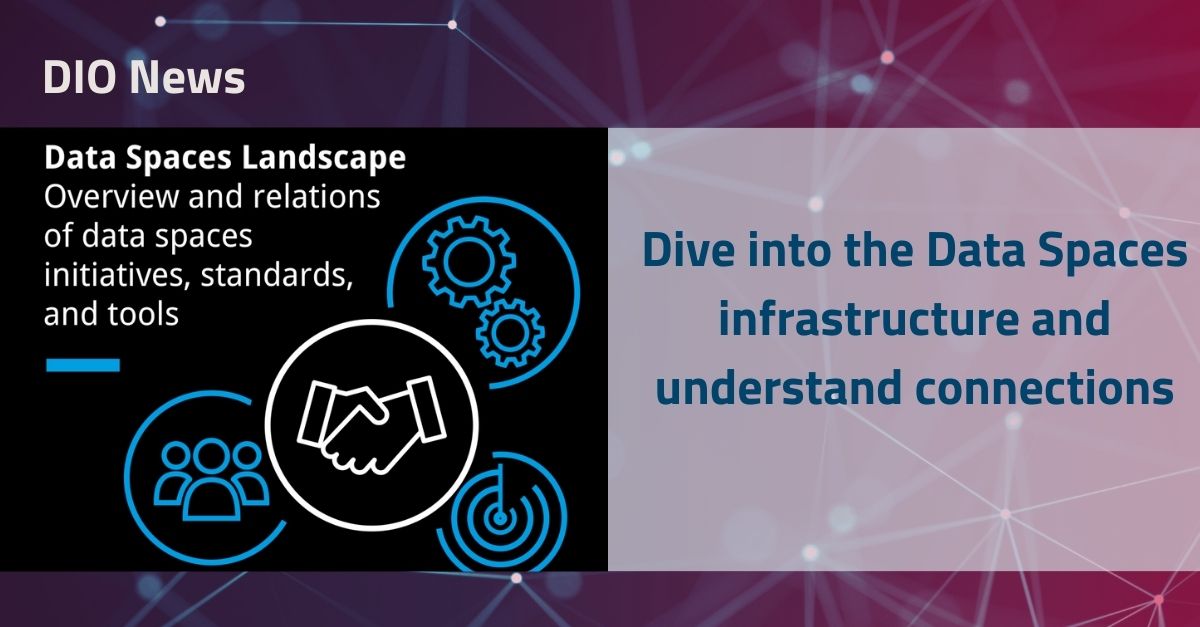Understand Data Spaces and Connections infrastructure immersion.
The International Data Space Association (IDSA), in its newly published paper “Data Spaces Landscapes. Overview and relations of data spaces initiatives, standards, and tools” establishes an important theme: the complexity of data spaces can be broken down and effectively explained in separate steps.
Initiatives around Data Spaces are multiplying and specializing rapidly. It is therefore all the more important to find a common denominator that makes it possible to understand connections, use them, and create added value for data service providers and users.
Data Interoperability and Sovereignty: This is What Matters
In the report, IDSA defines Data Spaces and explains why they are based on the two important pillars of “interoperability and sovereignty.” In the paper, IDSA names relevant actors that play an important role in the domain of Data Spaces, including DSBA, Gaia-X, and Data Space Radar. At the same time, the authors emphasize that the list is much longer and that it would be impossible to list all players in one paper. In this way, they point out the aspect already indicated in the title: nowadays, we speak of comprehensive landscapes of data spaces, in which we can better tap and use their interdependencies.
Understanding Dependencies – Building Data Spaces of the Future
IDSA presents some of the Data Spaces initiatives in more detail, such as Gaia-X or IDS Testbed, making it clear how they interact with each other and how they are interrelated. There is no question that the Data Space landscape will continue to grow. This makes the need to understand today’s floor plan well and create a firm foundation for the future development of the European Data Spaces landscape all the more important. The potential is great – we just need to exploit it properly. Read the full report here.
Are you interested in bringing the Data Spaces world one step further into the future with your expertise? Become a DIO member and use the chance to get in touch with more than 150 stakeholders in Austria and the EU and expand the data industry. We look forward to reading from you: office@dataintelligence.at.





